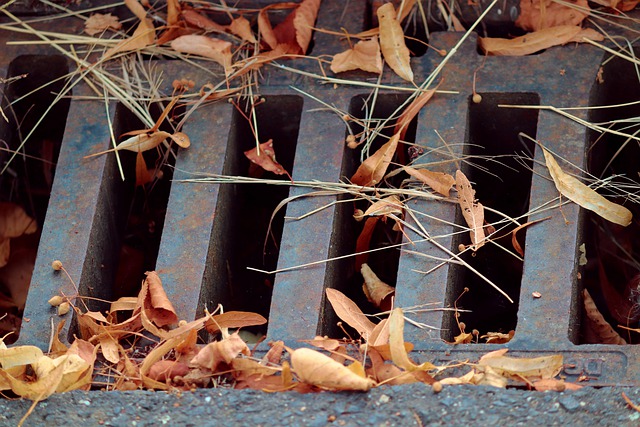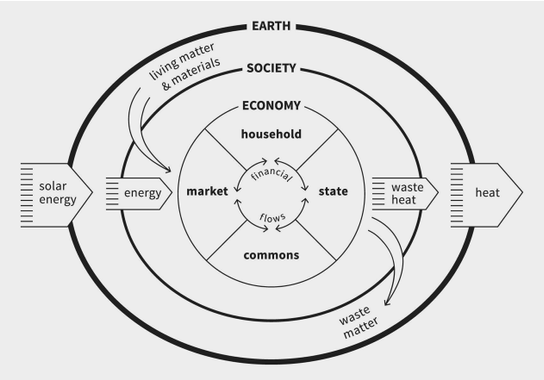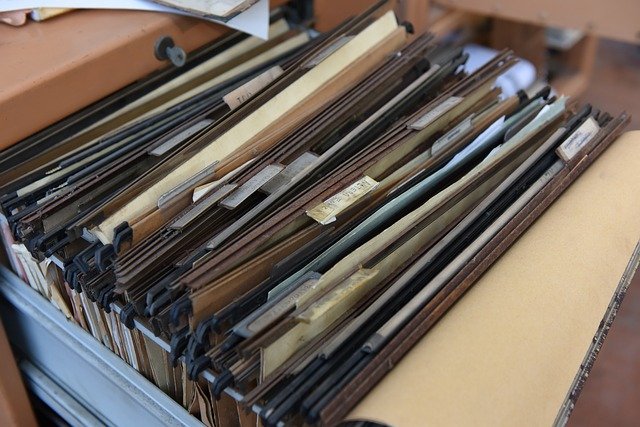
Three Horizons
In this post I make a suggestion for a positive, disruptive, innovation in (economics) education. This idea is based on an introduction of the Three Horizons of Bill Sharpe by Kate Raworth.

In this post I make a suggestion for a positive, disruptive, innovation in (economics) education. This idea is based on an introduction of the Three Horizons of Bill Sharpe by Kate Raworth.

The social foundation offers ample possibilities to connect financial and economic literacy, like health, education, food, water, energy and housing. These elements correspond with economic sectors in which students engage now, and will engage more when they take the next step in their lives and have responsibility for their own household budget. That is how we came up with the idea of a series of lessons called ‘Know Your Economy’.

Two weeks ago I was fortunate to participate in the first game design session of a game based on Doughnut Economics, that has the working title Seeds. The design of the game is now in full swing. Last week I told you I wanted to share a few things about the project, and I shared some Monopoly alternatives with you. Today, I want to go deeper into the question that underlies Seeds.

Last week I was fortunate to participate in the first game design session of a game based on Doughnut Economics, that has the working title Seeds. There are a few things I want to share with you about this project. Today I want to share some board game ideas I picked up in the meeting.

When writing lessons it is often difficult to decide on how to present the content.

You may have wondered why I did not include some current examples in the nitrogen cycle lesson. And if you did not wonder it then, you may have wondered why I left dead zones, acid rain, air pollution and climate change out when I discussed human interference in my previous post. Let me tackle both.